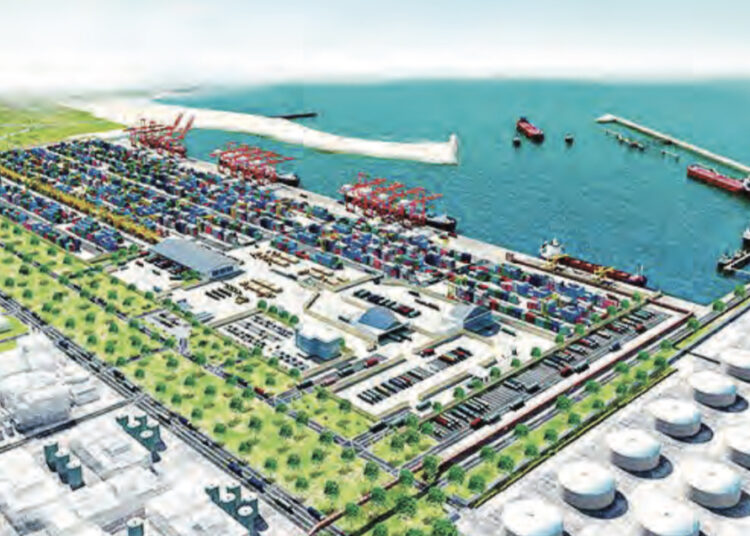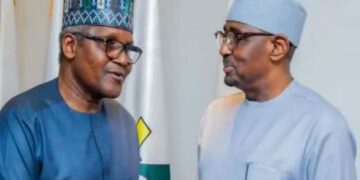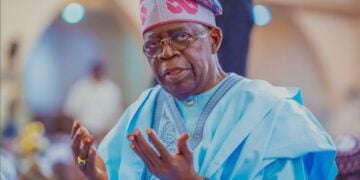Special economic zones (SEZs) are generally defined as demarcated geographic areas within a country where the rules of business are different from those used elsewhere in the country. The main differences are usually related to investment conditions, trade and customs, and the regulatory environment.
According to the United Nations Conference on Trade and Development, there were over 5,400 SEZs in 147 countries as of 2019, with approximately 1,000 of them established between 2014 and 2018 alone.
In Nigeria, there has been an appreciable rise in the number of SEZs following the establishment of the Nigeria Exports Processing Zones Authority (NEPZA) and Oil and Gas Free Zones Authority (OGFZA) in 1992 and 1996, respectively. There are over 48 registered Free Zones in Nigeria today.
Governor of the Central Bank of Nigeria (CBN), Mr. Olayemi Cardoso said there are emerging success stories from some of the SEZs, such as the Lekki Free Trade Zone, which had attracted about $2.5 billion in FDI as of 2023.
“Furthermore by 2022, OGFZA had attracted over $30.0 billion of FDI into the country and created over 210.000 direct and indirect jobs. From the domestic perspective, local capital investment in the Free Zones stood at $255.33 billion in the same year.”
He however said that as is evident, many of the SEZs are still encumbered with binding constraints in areas of regulatory complexities, infrastructure deficits and inadequate access to finance amongst others.
Managing director/CEO of OGFZA, Bamanga Jada said the special Economic Zones Scheme is globally recognised as the most important instrument that is used by policy makers around the world to facilitate, attract and scale-up long-term domestic and cross boarder investments and so on, adding that there are convincing evidence in Nigeria today that the scheme has recorded remarkable and commendable progress despite the relatively negative economic climate.
The chairman of Nigeria Economic Zone Association, Cheif Nabil Saleh at the second Special Economic Zones Annual Meeting said that this gathering marks a significant occasion for us, as it provides a platform for stakeholders, industry leaders, and experts to converge, exchange ideas, and collectively explore the vast opportunities within Nigeria’s Special Economic Zones Scheme.
“Our focus on Special Economic Zones is not just a matter of economic discourse; it is an exploration of proven strategies that have transformed economies worldwide. SEZs, with their unique regulatory incentives and business-friendly environments, have emerged as powerful engines of economic growth and development,” he stated.




